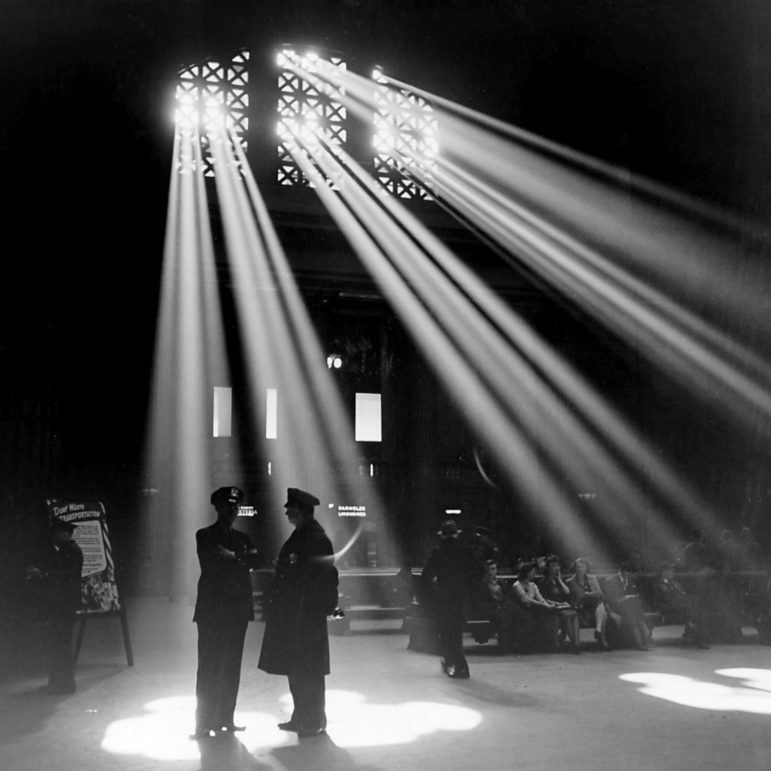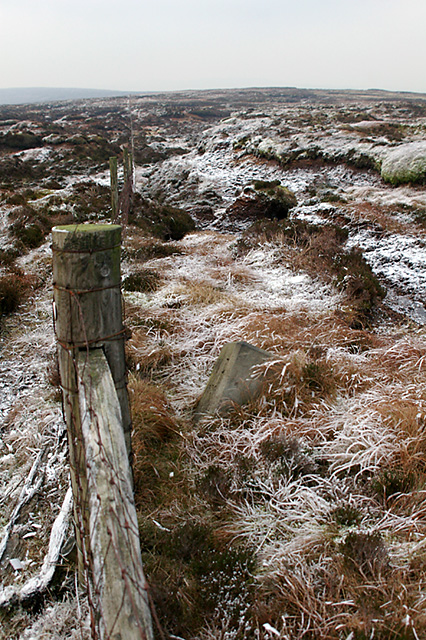
Today I am realizing that I may not be dying.
Even the word “realizing” feels too easy. It assumes that I have been holding some other thought — have put into words, at least in my head, some alternative. That’s not the case. I am not ill. I live a life of ability in a youthful body that almost always does as it is told. I have never yet been admitted into a hospital, nor yet suffered an accident that slowed me down for more than a few days.
Maybe it is not some great revelation. Still, today it is occurring to me that I might live a dozen, five dozen more years, and that brings with it a deep sense of surprise. It’s not that I have any reason to think I am dying; it’s that the sudden appearance of an alternative is unexpected in a way I can only call intuitive.
“What do I do with that?” I ask my wife. We have joked, in a way that is not joking, that she will outlive me since before our wedding. I am not ready to consider an alternative.
“Get some fucking exercise,” she says, not for the first time.
* * *
Here is a thing I dreamed recently. I was standing in a railroad station, a great hall with tall ceilings from the golden age of trains. I could feel the marble beneath my feet and hear the echo of my movements in the otherwise empty cavern. It was just me, walking there — and above me, out of sight, a god.
It is difficult for me to talk about dreams as things that have weight. I am well used to telling people about the narratives that happen inside my head as fiction, diverting and perhaps instructive, but ultimately make-believe. Those things that I identify as visions or dreams are different, but it is difficult to quantify how. I am not sure how to argue for their importance, their immediacy and long-term effects, without sounding either grandiose or absurd.
What matters for this context is that I have very limited control over what happens during these times — only enough to determine my own actions — and I take them very seriously. So I was, to put it mildly, uncomfortable to have a god that I consider one of my oldest friends land in front of me, put his hand inside of my chest, and pump me full of light.
I need you, he said, to take better care of yourself. You’ll need to do things, down the line, and I need you to be alive to get there. They are going to be important.
I opened my eyes, my body shaking with excess energy. “Sounds fake,” I muttered, and started the process of grounding it out.

Chicago’s Union Station, 1943 [Jack Delano, public domain]
What makes this funny (or possibly tragic) is that I don’t believe the world is dying. Not in the way we so often mean, at least. I know that climate change is real, and is our fault, and is long past the point of cataclysm. I also know that the world is a vastly complex system that we do not understand. In the grand scheme, I think it will be fine. When we claim that humanity is killing the earth, mostly what we mean is that we are killing ourselves. Before this year I would not have considered that such a great loss.
Call it theology — the immortal nature of the soul, the nonlinear nature of time. Call it impartiality — a focus on the long view of the earth that doesn’t center human history. Mostly, I am starting to realize, it should be called despair. Why should I worry about the demise of humanity, when I don’t believe I will be there to be affected?
I know that’s not a great position to take, but it’s a very difficult one to reason myself out of.
* * *
If I were to make up a story of how I became a Pagan, referencing true events and factors to concoct some coherent fiction about what set me on this path, I would start it with the D’Aulaires.
I unwrapped their book of Greek myths some Christmas morning when I was young enough that I felt a little insulted someone would give me a picture book. But I was interested in the myths, and I wanted a single place that I could read them all in one place, so Santa brought me that oversized tome. It was striking: the sun’s chariot blazed golden on the front cover, and the pages held a whirlwind of bright illustrations and stories. I loved it.
When I mention this book to other Pagans, they almost always fixate on one particular page. It’s the penultimate image of the book, a two page spread of a statue’s head fallen to the ground, its empty eyes pointed upward toward a sky full of constellations. “Everything must come to an end, and so did the rule of Zeus and the other Olympian gods,” the book says. “All that is left of their glory on earth are broken temples and noble statues.”
“What a messed up way to end it,” one friend said as we examined my copy together, tossing the book aside with disgust. “Guess nobody ever told them about us.”
* * *
It has been winter in Chicago for seven months. The last snow was a little more than a week ago, bitter and windy against a backdrop of newly-bloomed tulips and new green leaves. “I am not ready for this anymore,” I muttered, zipping up my coat as I stood on the porch, preparing.
“That’s the Fimbulvetr for you,” my teacher joked, bundling up beside me. “Make sure you keep some dog treats in your pockets.”
I grinned. The weather didn’t seem that bad, not compared to the endless winter that heralds Ragnarok and the death of the gods in Norse mythology. “Hasn’t that already happened?”
“Has happened, will happen. Is happening.” He shrugged. “Mythic time. Best stock up, just in case.”
Mythic time, as it was taught to me, is the idea that the myths happen in a non-linear, not entirely logical way that is not tied to our timeline. As a hard polytheist, I understand it to mean that I can interact with these stories at many points from my own limited experience of time. It is part of what explains why gods whose deaths were written thousands of years ago can still be worshipped, or why events that turn lifelong friends into dire enemies both have and have not yet happened.
I had never before put it into the context of the end of the world.
I am living in the apocalypse. The apocalypse happened long ago, and this is the aftermath. The apocalypse is on its way, and there is nothing I can do to stop it.
Or, perhaps the most terrifying: The apocalypse is coming, and I am called upon to fight it.

Wolf Fell in winter [MrT, Wikimedia Commons]
Today I am trying to figure out what planning to live looks like. It’s a foreign problem, to me, a new kind of math. If I have made it to thirty-one, and have a job that pays enough money to travel, describe a mental framework that allows for the possibility of living to sixty. If there are three cities in the continental United States where I am guaranteed gender-affirming healthcare, and my father got arthritis in his forties, outline a day-to-day religious practice that is both fulfilling and challenging. If a Greek obol goes for $200 on ebay, and Illinois has no laws regarding burial, what should I have for dinner tomorrow? I am engulfed in information, but still missing some essential piece of it, some underlying assumption that would make everything sensible. I have no idea what it might be.
Today I am trying to hold it like a koan, an impossible parallel, a contradiction like the one I hold when speaking to the gods. I am backing into it, examining these stories of social collapse, environmental agony, and political division as stories that I tell myself and enact, myths with origins and endings. I am looking for the meaning, and for the hope that makes living in such times possible.
I am looking for a way to tell another story.
* * *
There is a moment in the Völuspá that I do not hear retold often enough. After everything – after the great and bloody battle told in terrible detail, after the gods are all dead, after the World Tree burns – the survivors of the end of the world gather together in a field. There, they speak about the past, and find a gaming piece that the old gods once played with. Then, around them, a field begins to grow anew without needing to be sown.
It is springtime in Chicago. I am trying to decide what I would like to grow.

Summer field in Belgium [Luc Viatour, Wikimedia Commons]
The Wild Hunt always welcomes submissions for our weekend section. Please send queries or completed pieces to eric@wildhunt.org.
The views and opinions expressed by our diverse panel of columnists and guest writers represent the many diverging perspectives held within the global Pagan, Heathen and polytheist communities, but do not necessarily reflect the views of The Wild Hunt Inc. or its management.
The Wild Hunt is not responsible for links to external content.
To join a conversation on this post:
Visit our The Wild Hunt subreddit! Point your favorite browser to https://www.reddit.com/r/The_Wild_Hunt_News/, then click “JOIN”. Make sure to click the bell, too, to be notified of new articles posted to our subreddit.
